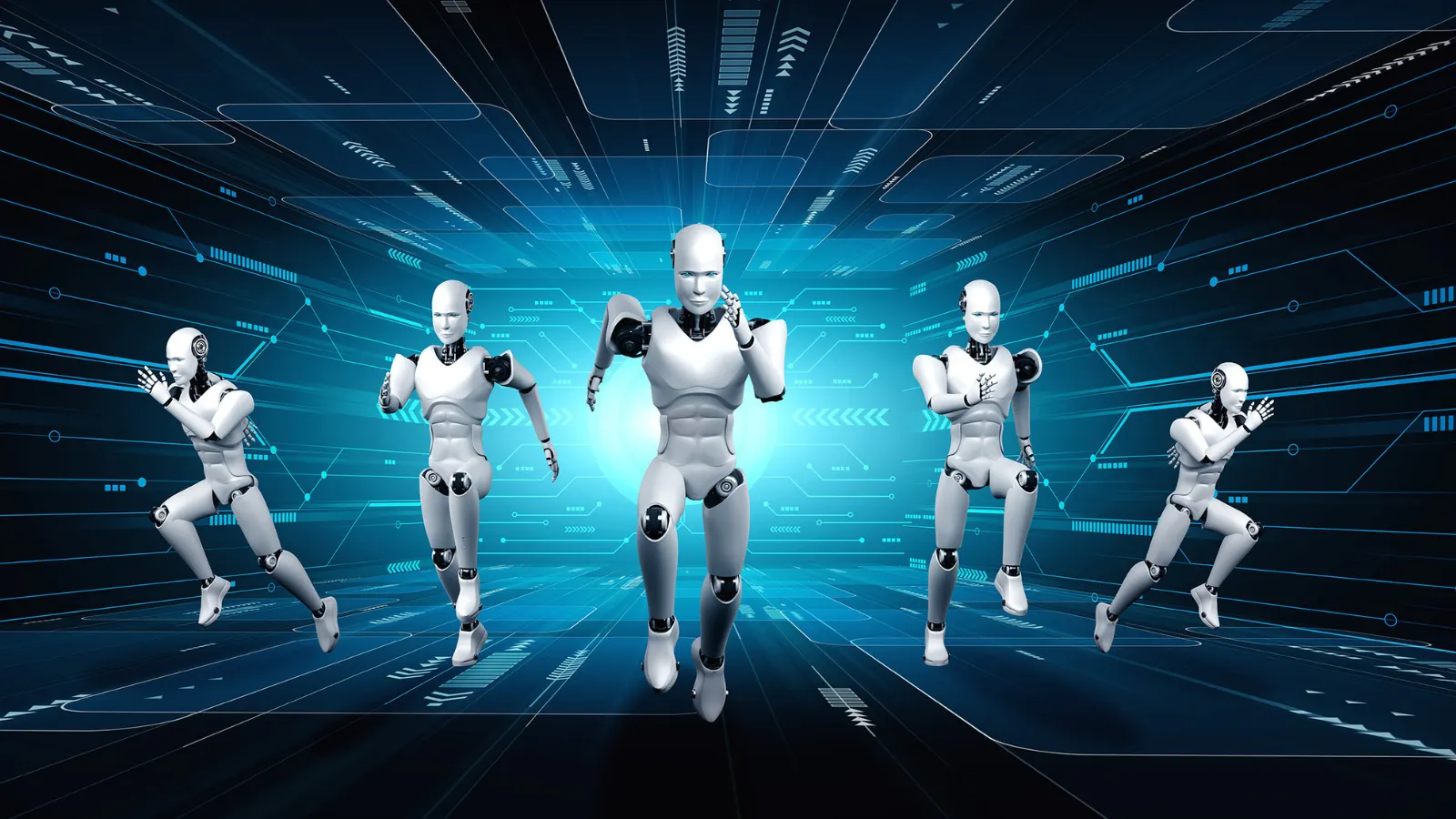Developers, start your algorithms! Amazon Web Services just announced that it’s launching a 10-week AWS Generative AI Accelerator to speed up its A.I. efforts. The program offers access to A.I. resources, mentorship, and $300,000 in AWS credits.
With A.I.-powered digital assistants—including Amazon’s Alexa, Apple’s Siri, and Google’s Assistant—now relegated to yesterday’s news, is this just a desperate bid for relevance? Not likely, experts say.
Development in A.I. went into overdrive during the past few months with the launch of OpenAI’s ChatGPT. Even though Amazon is a household name in technology—and Alexa, its voice-activated assistant, one of the first experiences most people have had with natural language-capable artificial intelligence—the company has seemingly lost the beat.
But industry observers say that Amazon’s real strength is in the suite of AWS applications that power a large part of the internet.
“Instead of digging for gold, Amazon is in the business of selling shovels,” Anish Mitra, former Vice President of Growth at Goldman Sachs, told Decrypt. “What Amazon is realizing is that any successful A.I.-based business will need a ton of computing power.”
The company may not have introduced applications for end consumers like Google (with Bard) and Microsoft (investing in and integrating OpenAI APIs), but it will undoubtedly incorporate even more A.I. into its solutions, Mitra said.
“Alexa has become essential in people’s lives, capturing 60% of the market,” Mitra said. “It’s crucial for Amazon to improve it further, especially since advanced AI tools are not yet widely used by everyday consumers. Currently, AI usage is mainly limited to the top 5-10% of white-collar professionals. However, this could change over time.”
Just as AWS was one of the great foundations for the cloud revolution, Amazon will invest more and more in user-friendly platforms so that developers can build and train increasingly refined and specific models, unlocking billions of dollars in value over the next decade.
Amazon has made substantial investments in A.I., particularly with its AWS cloud computing platform, which offers businesses a range of AI and machine learning services. Amazon also uses A.I. in its e-commerce business, such as recommendation engines, inventory management, and logistics.
“Amazon will do what it does best: become a platform,” founder of the A.I. education company Inevitable, Tiago Amaral, told Decrypt. Amaral pointed to AWS’s recent partnership with the A.I. company Hugging Face, which aims to allow the development of machine learning models to become much easier and accessible.
Alexa was one of Amazon’s earliest A.I.-related acquisitions in 2013. Subsequent A.I. acquisitions included deep learning startup Orbeus in 2015, cybersecurity AI startup Harvest.ai in 2017, and robotics startup Canvas Technology in 2019. A separate web traffic analysis company called Alexa Internet was acquired by Amazon in 1999 and discontinued in 2022.
The Amazon accelerator program, like others, is designed to support early-stage technology startups by providing them with resources, mentorship, networking opportunities, and sometimes funding to help them grow and scale their businesses quickly.
“We’re inviting generative A.I. startups across the globe to submit their application for the program,” Rob Ferguson, Global Head of Artificial Intelligence and Machine Learning for Startups at AWS, told Decrypt. “We’ll evaluate applications based on target market, founder/market fit, depth of machine learning native product integrations, and team composition as it relates to diversity and technical/non-technical leadership.”
Ferguson said 10 startups will be selected to participate in the program, and that mentors will be industry experts who will guide them through the intricacies of generative A.I. development.
Daily Debrief Newsletter
Start every day with the top news stories right now, plus original features, a podcast, videos and more.

